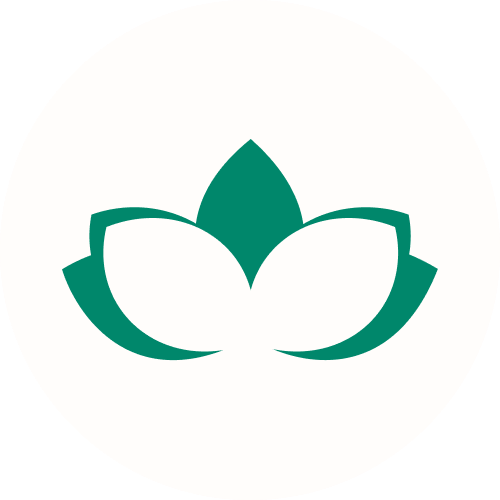Saying hi to my whole self, and bye to what I “should” be
If you’ve ever felt unsure, disconnected or frustrated with figuring out your cultural identity - you’re not alone. I want to share a bit of my journey to encourage gentle curiosity about who you are and where you come from. For me, this was a rollercoaster journey that eventually led to feeling more grounded, whole and ultimately more free.
I’m a Vietnamese Australian woman, but I haven’t always embraced each of those words. In fact, there were many times where I really disliked each part of that identity.
Being Vietnamese:
In my early 20s, I carried a lot of frustration with being Vietnamese. I felt out of place in work and social settings, and I’d ask myself:
Why am I so much shorter than everyone else?
Will I ever be taken seriously?
How do other people seem to be so at ease while I’m constantly second-guessing myself?
Being Australian:
Even though I was born here, I didn’t feel like the term “Australian” applied to me. When people around me used that word, it usually referred to their white Anglo partners meanwhile they called themselves “Chinese” or “Vietnamese”. So I took that on to mean that I must not be “Australian”, based on how it was used in those situations.
Being a woman:
Growing up in a culturally Vietnamese household, being a ‘woman’ came with expectations: being able to cook for others, being quiet - even laughing quietly, and not whistling in public (a real rule that I was taught!)*
Over time and with much support, curiosity and a learning-mindset, I started to unpack each of these aspects of my identity and understand them in deeper ways.
Being Vietnamese:
Talking to my mum and grandma helped me see the richness of what this really means. My grandma once told me a story about an elephant that wandered through her village when she was a baby. Her parents let the elephant hold her in its trunk, which is seen as a blessing. I was so moved and thought it was amazing that in my own family history, they were able to have that special connection with other majestic living creatures on the same land.
Then there’s my mum: one of the few women in her Computer Science degree in the 1980s, after starting over in Australia as a refugee. An original Woman in STEM (hello!). That made me so proud and inspired and decided that being Vietnamese can mean so many things, not just the negative stereotypes that I had been exposed to.
Being Australian:
It was so important to research and understand the colonial history and how Indigenous Australians have been removed from the land that they had been on for centuries. Learning that “so-called Australia’ is an ongoing settler country and that I benefit from being on this land as it is today, means I have responsibility to continuously learn and try to restore and reconcile justice that has not yet been achieved for First Nation Australians. Learning this history helped me recognise my privilege and responsibility with having this Australian citizenship
Being a woman:
One surprising shift came from learning about the menstrual cycle. Instead of dreading PMS every month, I learned from others to view it as a seasonal phase — like autumn (my favourite season!). Hormones changing? That’s just the season turning. I learned from friends how to listen to my body and respond with care, instead of criticism. Being a woman could mean being in tune with the environment — not just quiet or self-sacrificing.
This might sound like a random mix of discoveries — and it kind of is — but each one helped me feel more at ease in my skin. When I stopped fighting parts of who I am, this freed up so much energy. Where I used to spend energy trying to “fix” myself, it now goes toward things I actually enjoy: hobbies, relationships, rest.
And getting to this point didn’t happen overnight. It took a lot of reflection, conversations, and community.
If any part of this resonates with you, I’d love to hear. Maybe you’ve also struggled with your identity, or maybe you're just starting to get curious. Either way, you’re not alone. And if you’re interested in things like viewing the menstrual cycle as seasons — I’m always up for a chat about that too!
*More on this side story = I was discouraged from whistling in public and my parents had told me that ‘women don’t whistle when they’re outside the house.’ When I was visiting Vietnam as a teenager, I tested this by whistling while walking around, and I actually did get some surprised looks! I eventually asked my grandma instead of my parents, whether she knew why this was a rule. She told me that whistling will make the snakes come out… So maybe it was a gender neutral rule all along? Maybe men were more likely to learn how to deal with snakes? If anyone has any other answers, please let me know!


